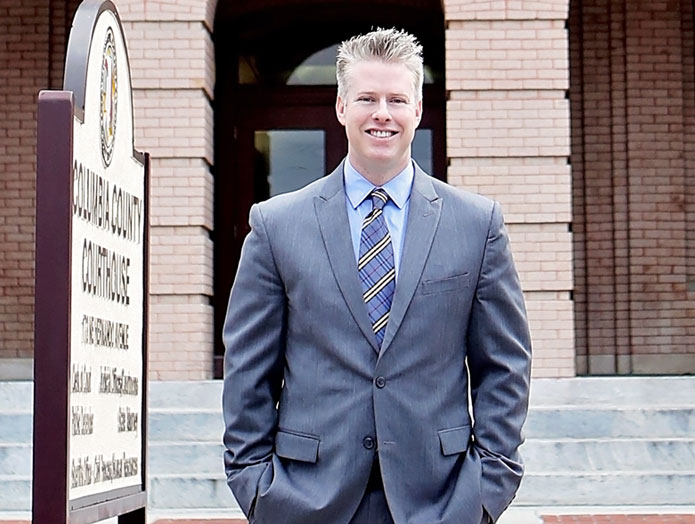Bankruptcy can be an extremely powerful foreclosure defense. It’s generally what I look at as the last option, it’s the last or the final option for the borrower. It can be highly appropriate to file a bankruptcy. Sometimes, it’s better to defend the foreclosure and see how that plays out, see if the bank is willing to do a loan modification. See what type of concession the bank can make in state court because bankruptcy is in Federal court. When you file for bankruptcy, you do have increased options. The borrower has more power to force a lender to do certain things in bankruptcy court but it’s certainly the last resort for most people.
I tend to look at somebody’s entire financial situation to make a call on bankruptcy because if you are dealing with just a mortgage that is in default, on many occasions, I can work that out whether it’s getting a loan modification and you resume making monthly payments and the foreclosure case is dismissed or we negotiate that the borrower will be out of the house at a certain time and they are going to leave it in a certain condition in which the fixtures are not being removed, the chandeliers and appliances, so a lot of times we can negotiate, at the end of the case, a waiver of the deficiency so that you no longer have any further liability to the bank. If we accomplish that then you are really out of the woods. So there would be no point to filing bankruptcy then.
I always want to look at what other debt does the person have in addition to the mortgage that is in default. Is there credit card debt? Are there medical bills? Are there other types of loans that they have on which they are behind. If you file bankruptcy, you want to get the most bang for your buck. Some situations are a lot worse, for some people, not only is their mortgage in default and if they can get that cleared up, then they are back on track. Some people’s situation is far more precarious and it may be better for them to go for bankruptcy right from the start. Generally I tell people that it’s best to see what type of options will present themselves in the foreclosure case, in the state court case, see what type of loan modifications the bank is willing to make.
If you can’t make any headway or are unable to make any progress, then you consider your bankruptcy alternatives. Bankruptcy is something that really depends on whether or not a bankruptcy is what a borrower wants to do and really depends on a large part on whether or not there is equity n the house and whether the borrower wants to keep the house. If the borrower wants to keep the house and if there is equity in it, then bankruptcy can be the best option because it will allow the borrower time to get the mortgage brought current.
What Is A Deed In Lieu Of Foreclosure?
A deed in lieu of foreclosure is conceptually very similar to a short sale. It is an alternative a foreclosure, it is in lieu of a foreclosure. In a short sale a borrower is selling the property to a 3rd party, somebody who is looking to buy a house and that’s who the property is sold to. In a deed in lieu of foreclosure, the property is actually deeded back to the bank. Very similar processes are required from my experience to accomplish either a short sale or a deed in lieu but either way the banks are going to want your financial history.
They are going to want to see that you don’t have enough of an asset that are available for them to take to pay the difference between what’s owed and what the property is worth. In my experience, a deed in lieu is not usually worth the time and effort because it’s a paper chase. There is a lot of paper work to fill out and then a lot of lenders will not agree to waive the deficiency as part of it and if there are any type of judgements against the property, for example, if you’ve gotten credit card judgements or federal tax gains, if there is any type of title issue or if there is any issue that is casting a cloud on the title, then a deed in lieu of foreclosure will be completely off the table whatsoever because for the bank to accept a deed in lieu of foreclosure, the bank has to be confident about getting clear title.
If you can’t as a borrower, provide clear title, then a deed in lieu of foreclosure is completely not available as an option.
For more information on Bankruptcy As A Foreclosure Defense, initial consultation is your next best step. Get the information and legal answers you are seeking by calling (386) 487-5466 today.



